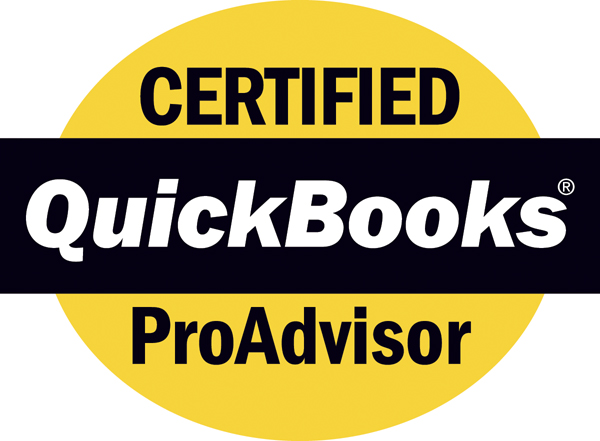Small Businesses & Fraud – What you need to know

Don’t let a fraudster break your bank. (Photo Credit: office.microsoft.com)
In the 2012 Report to the Nations, the Association of Certified Fraud Examiners surveyed their membership and reported on 1,388 cases they investigated. The findings shed light on the most prevalent forms of fraud across the world (this survey provides information from nearly 100 countries on six continents), and we feel can help guide business owners in what they should be watching for in their own companies.
One of the more disturbing findings, showed that small businesses suffered the largest median losses. According to the survey, 49% of organizations that fell victim to an occupational fraud scheme did not recover any money. Furthermore, 87% of the perpetrators had never been charged or convicted of a fraud-related offense. 87% of cases in the study were asset misappropriation schemes, which are things like falsifying wages, overstating expenses, taking multiple reimbursements, stealing cash on hand, etc.
Preventing fraud, or catching it early, should be a small business owner’s goal. We understand implementing such systems can be costly and overwhelming but they are worth it. Here are three easy things you can do to help prevent fraud in your organization:
- Implement a confidential employee tip line. According to the survey, employee tips are the most common way occupational fraud is detected. Make sure your employees have a safe way to report suspicious activity should they see it.
- Educate employees and managers on what constitutes fraud. Most people want to do the right thing, make sure they know what that is.
- Assess the areas in your organization that are the most susceptible to fraud, and then work on investing further to protect those areas.
For more information and tips on preventing fraud, check out these additional resources:
- Happy (Fraudulent) Holidays By Kit Powell
- Do You Think Your Non-Profit is Immune to Fraud? Thing Again. By Kit Powell
- Case Study: Ex-Marriot Worker gets 1 year, 1 day in jail for embezzlement
A simple fraud risk assessment — performed by Kit Powell, Certified Fraud Examiner — will give you a detailed report with recommendations on how to strengthen internal controls to prevent fraudulent activity. Contact Kit today to schedule an appointment for your fraud risk assessment.

231.924.8035
kitp@hscompanies.com


 QuickBooks is a powerful tool for tracking your businesses’ financial situation. The program is most effective if it’s set-up properly from the start. Below are some of the things our QuickBooks ProAdvisor, Scott Brewer, suggests you consider when configuring the program.
QuickBooks is a powerful tool for tracking your businesses’ financial situation. The program is most effective if it’s set-up properly from the start. Below are some of the things our QuickBooks ProAdvisor, Scott Brewer, suggests you consider when configuring the program.